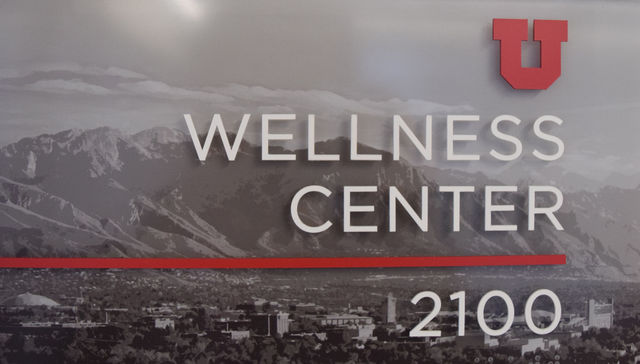The Center for Student Wellness will provide free HIV and STD testing at mobile clinics later this month.
Kassy Keen, health educator for the center, said, “We often think of STDs like we do drunk driving.” Instead of verifying a person’s blood alcohol level, people will often ask, “Have you been drinking?” or “Are you good to drive?” In that same mindset, most will pose the question, “Are you clean?” which is not an actual STD test.
The center said discussing the realities of a positive test can be difficult, but their goal is to open communication between partners.
The most recent clinic was held at the Union on Feb. 11. The free service saw 85 HIV tests and 87 for gonorrhea and chlamydia. During this academic year, over 600 of these exams have been conducted.
HIV and STD tests require a saliva sample and urine sample, respectively. Results can be expected in less than 30 minutes for HIV and about a week for STDs. All the information is confidential.
However, what happens if your STD test is positive? Keen said it’s not a big deal.
“[Gonorrhea and chlamydia are] bacterial infection. They take an antibiotic, and it goes away,” Keen said. “But because it’s associated with sexual activity, it’s such a scary deal … in reality, we deal with this type of stuff all the time.”
Keen relates the situation to someone with strep throat, which is also an infection.
“Did you look at that person and think, ‘Oh, you make bad choices,’ or ‘Oh, you’re dirty?’” Keen said. “Probably not.”
These clinics are offered two to three times per semester. While waiting to be tested, students can sit with a peer HIV/STD counselor to discuss safe sex and develop a safety plan to avoid contracting anything, if possible.
Keen said a way to break down stigmas is to “remember you’re doing something positive by getting tested.”
The last mobile clinic of this year will be on March 23 at the Peterson Heritage Center from 5 to 7 p.m. Students will need to show a valid UCard.
Other free or low-cost resources for testing can be found at Planned Parenthood, the Utah Aids Foundation (regular testing Mondays and Thursdays) and at local health departments.
@sidneymarchant


